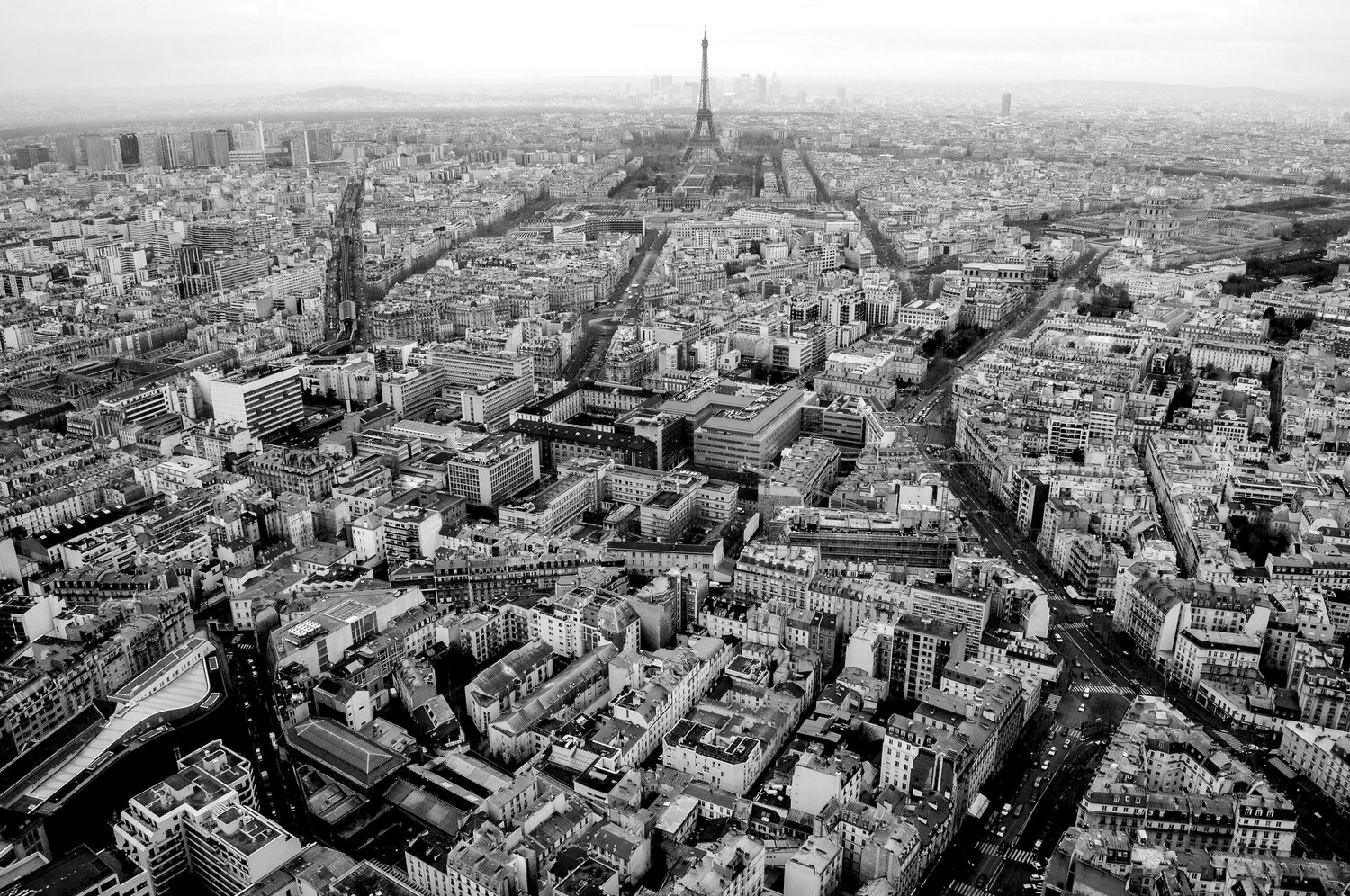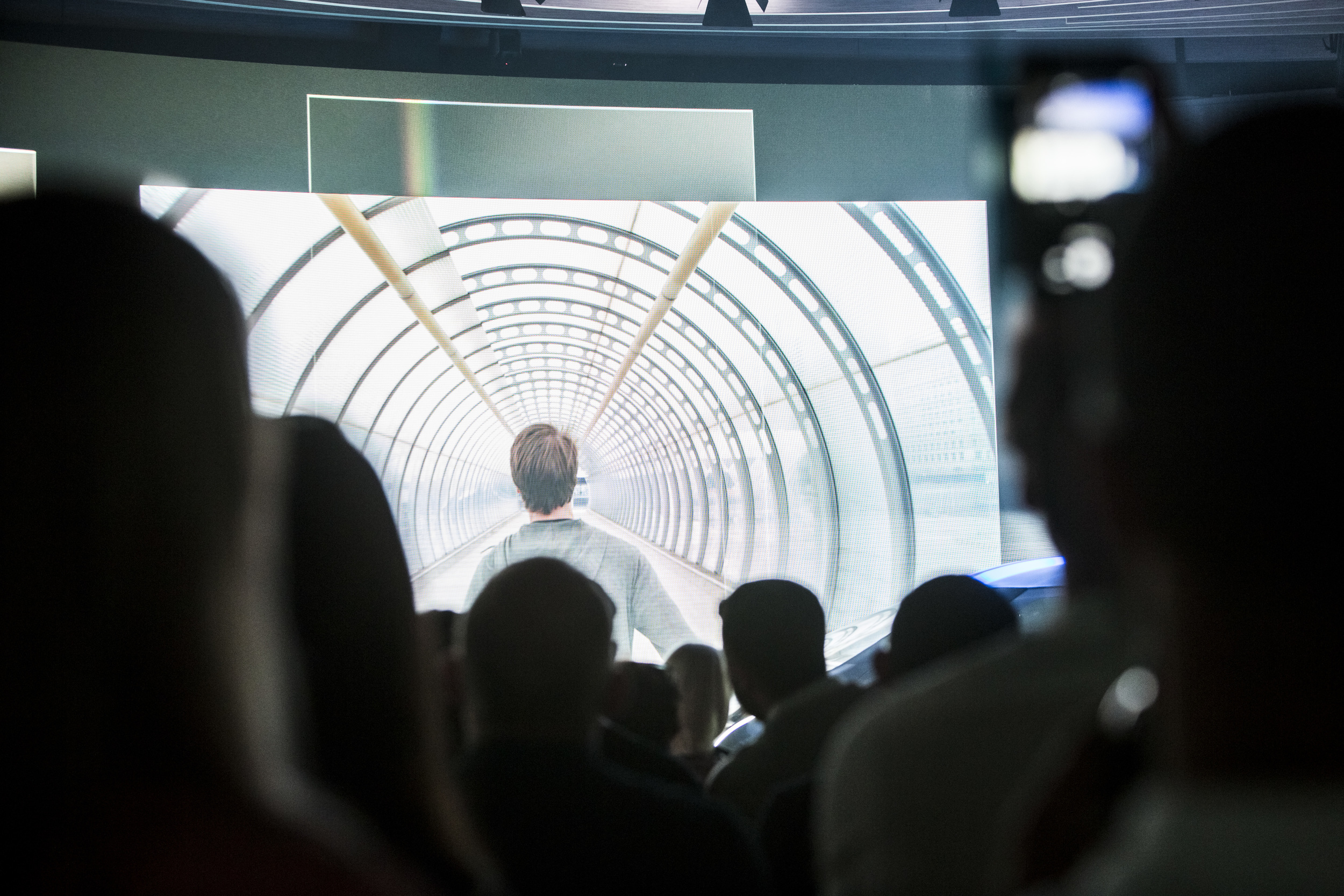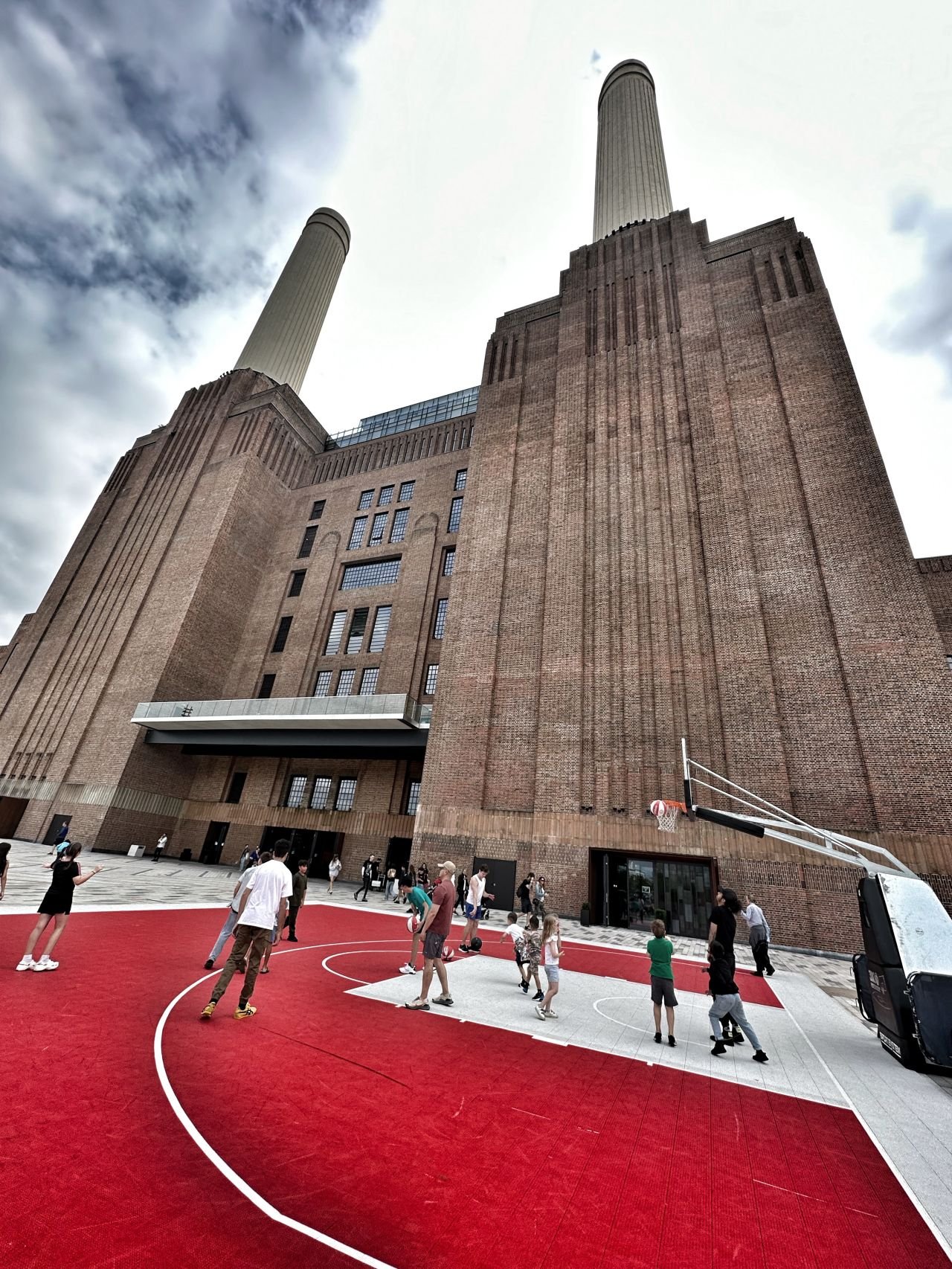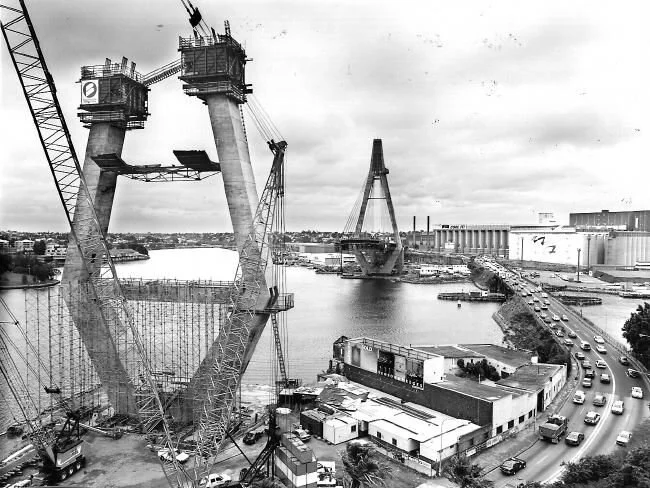Since I was a kid I’ve been fascinated with futurism, and in particular, the future of cities. Naturally, I was super-excited when MINI invited me along to the ‘Future Shapers’ event.
Heading to London’s Roundhouse last Monday, I had a little think back to how the world has changed in just my lifetime. City skylines were smaller, the internet had hardly been invented, and Walkman’s were still high tech, portable technology. How could anyone back then have ever imagined the world we live in today?
As I entered the bright and beautiful auditorium, I grabbed a beer and had a chat with a friend about the innovative technology we were probably about to see. I guessed intelligent, self-driving cars. He guessed new car to mobile app technologies.
But as Mark Adams, Head of Innovation at Vice, took to the stage, we quickly realised that the future that we were about to vision, was not just about creating the newest and best technology, but was also about innovating our ways of thinking.
Here are 3 of my favourite insights into the future of cities from the event.
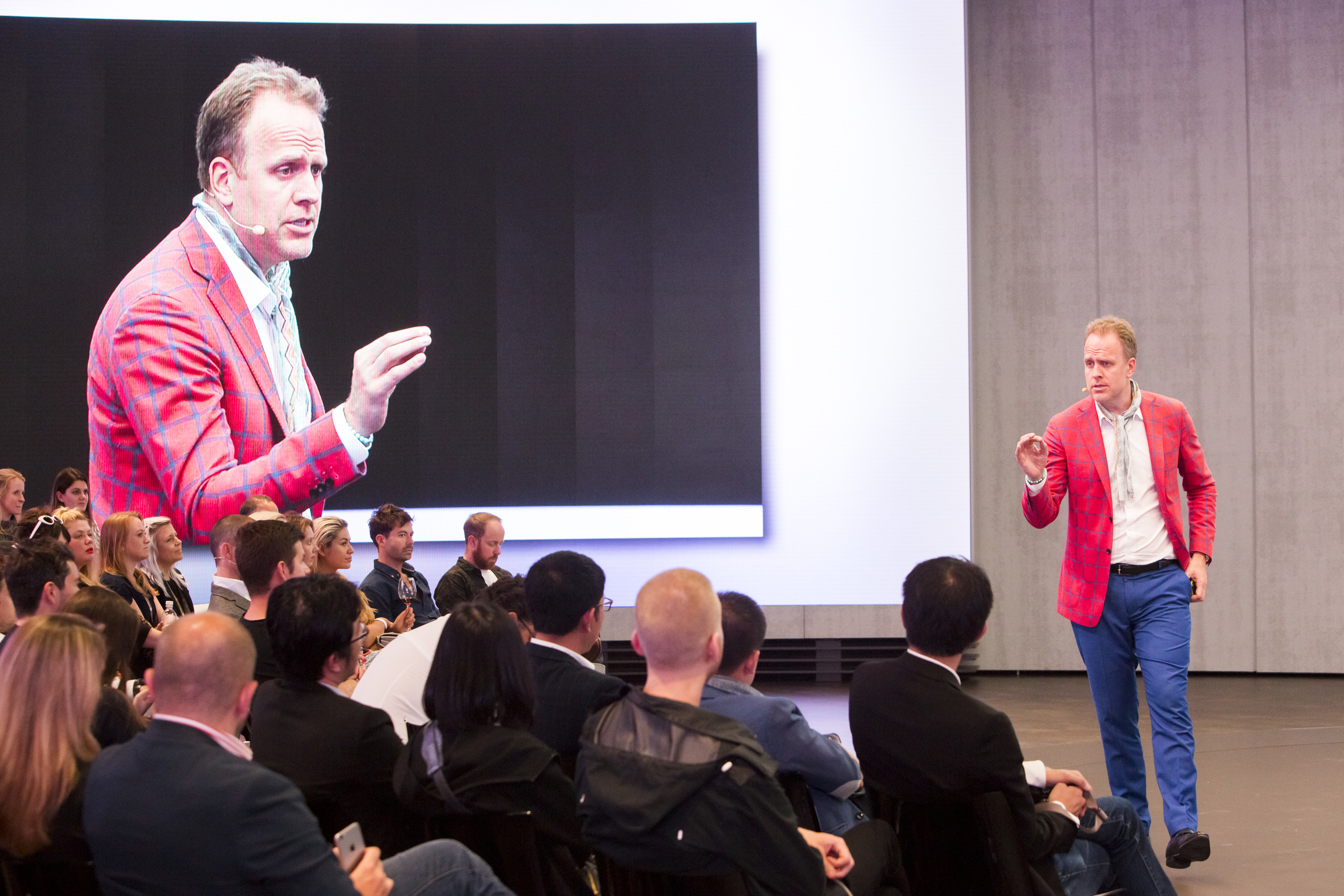
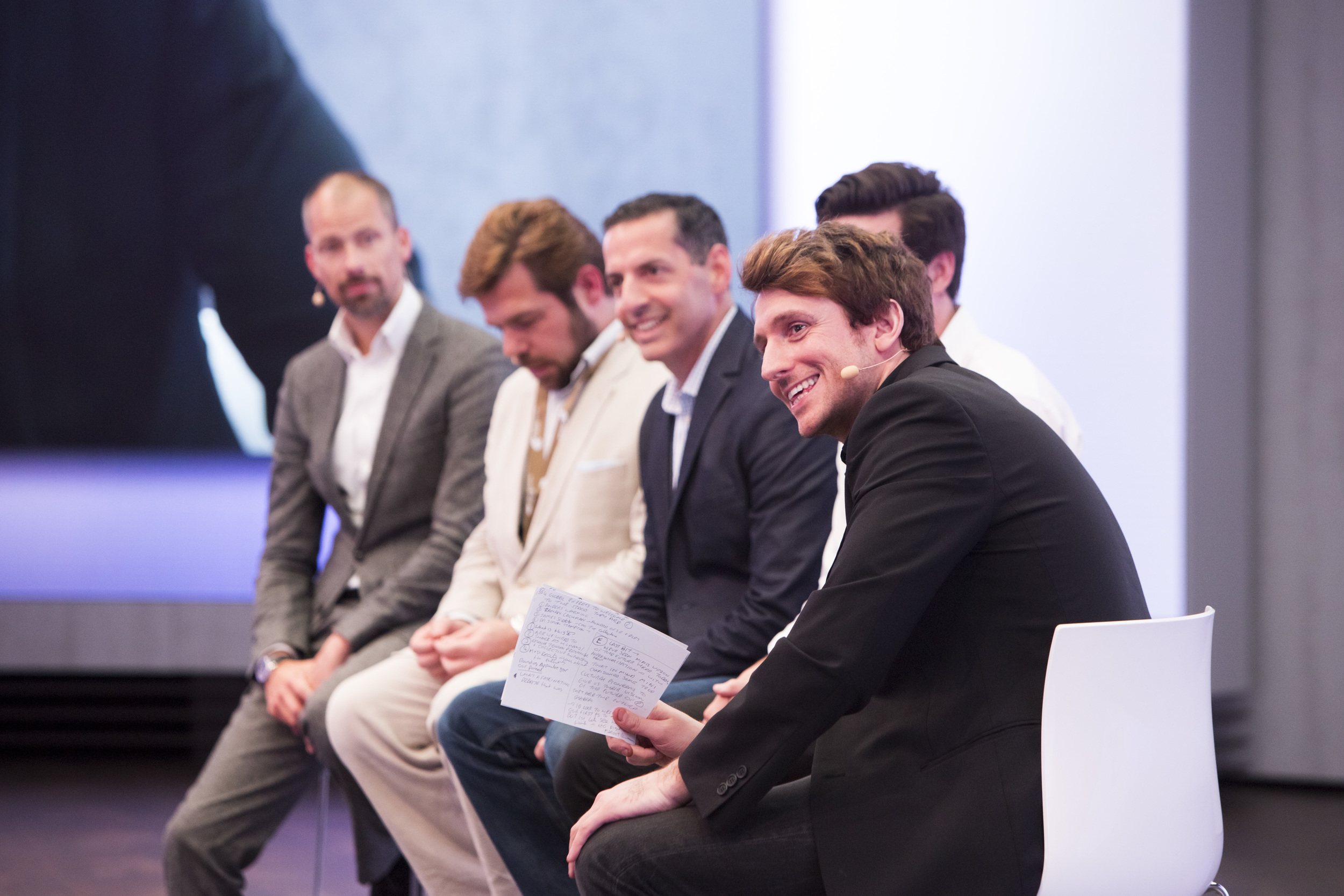
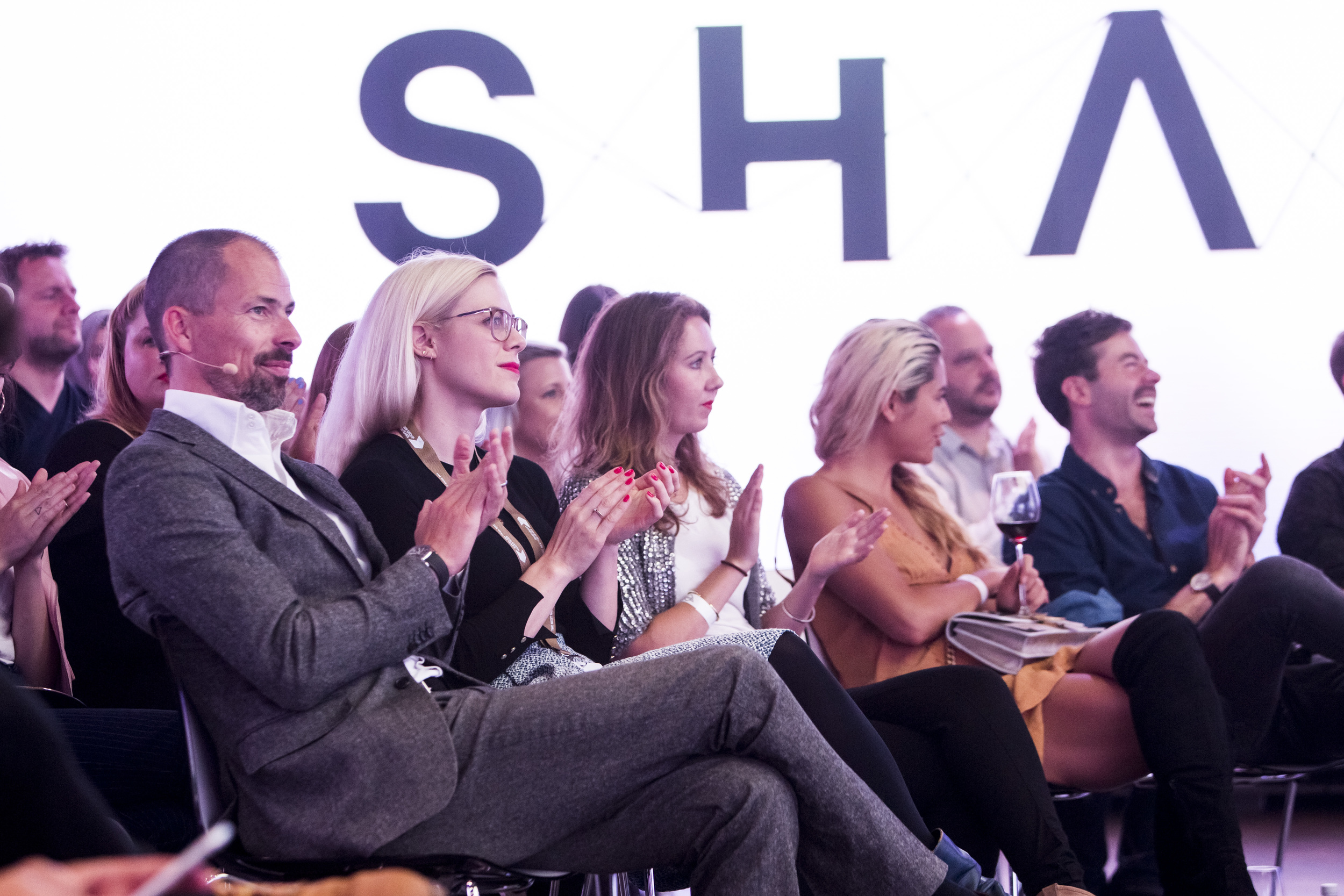
1. Cities will be collaborative
Speakers with expertise in psychology, property and design took to the platform to speak about the importance of ‘collaborative consumption’ and the need to address global problems by evolving into a society which shares.
It only takes looking around a city to realise that the way we eat, live, and travel is unsustainable. And with the world’s population growing so quickly, it's easy to see that at our current rate, it won’t be long before we all run out of clean air, clean water, or simply, space to live and move.
But by sharing buildings, cars, bikes and services (made possible with apps), we’re quickly evolving into a society which can better reuse, rather than waste. It won’t really matter who owns what, because at the end of the day, by sharing, we all save time and money. It just makes sense, right?
2. Less will be more
Gone are the days of mass consumption, sterile shopping malls, huge cars and unnecessary gadgets. The future of cities will be about minimising everything from the space that we use on streets, to the time that we spend getting to and from work to maximise time with hanging with friends and doing the things we love.
Already in the past decade or two, young people have opted for smaller, shared housing in urban areas to cut down on travel times. In places like Japan, we’re seeing young people completely cut down on possessions altogether.
Our parent’s generation was the era of consumption, but this century’s urban generations are more satisfied with experiences over things. Sharing a car and flat won’t be a problem when your possessions comprise just a couple of digital tablets and maybe a bike and book or two.
3. ‘Mobility’ will replace ‘cars’
Once only a possession for the wealthy classes, the 1950s saw cars become a product for the masses: people were given freedom to move where they wanted – whether in a city, or between cities. They became a symbol of adulthood, freedom and independence.
But it wasn’t long before the car began to dominate. Roads and car parks ripped through city centres as we became unhealthy dependant on the machine with four wheels. But by recognising problems with congestion and pollution, brands like BMW are now part of the solution to quickly improve urban transport, and help the natural environment.
Explaining that car parks now comprise 30% of our cities, futurist Magnus Lindkvist, told us how cities of the future will improve by swinging back the pendulum away from car dominance.
Instead of simply talking about ‘cars’, we will talk about ‘mobility’ – an integrated urban system of bikes, cars and public transport. We will choose our transport options based on efficiency, comfort and style, depending on what we feel like, and when.
The cars we do choose to use will be compact, energy efficient, beautifully designed, and constructed from high quality materials, such as the brass and copper comprising the inside of the MINI Vision Vehicle.
Lasting decades rather than years, and carrying dozens of people across cities each day, cars of the future will be a beautiful and efficient addition to our cityscapes. Just like a good watch, they will be cherished and maintained.
4. Our world will be personalised
Every one of the 7 billion humans on this planet is unique. So why not make objects and environments just as unique as we are?
Last month I met designer Ross Atkin, who is using digital technology to personalise our streets for the blind or less abled. I was super impressed with his work – which is both inspiring and practical. By using technology and data which already exists, Ross’ work can improve the lives of millions.
But as artists Margot Bowman and Marcus Lyall took to the stage on Monday night, I realised that the future of personalisation won’t just stop there. These artists work at the intersection of art and technology, creating bespoke environments which respond to our needs, wants and emotions. Not only can technology help to solve problems, but it can also enhance our day-to-day experiences and pleasure.
As Anders Warming, Head of Design, MINI, showed us how the MINI Vision Vehicle will respond to our emotions through lighting, I started to foresee an urban future which only a few years ago was completely unfathomable.
Objects will no longer just be objects. But just like my smart phone rather than my chunky old Walkman, future belongings will become completely integrated into just about every aspect of my life.
Helping us to move, plan, manage and organise, we create more time to do the all things we love.
Heading along to Monday’s event, I thought I would be checking out some cool technology and design ideas. But I had no idea that the conversation around the future would open my mind to so many interesting insights into the way we might behave, and perceive the world around us in the future.
It made me super excited to see the shape of things to come. I’d love to know your thoughts – what is your ideal future city?
The BMW Group Future Experience, showcasing MINI’s Vision Vehicle is taking place at the Roundhouse in London until Sunday 26th of June. Visit www.mininext100.co.uk or @MINIUK for more information. #MINI #NEXT100
Feature photo: Mark Fischer
